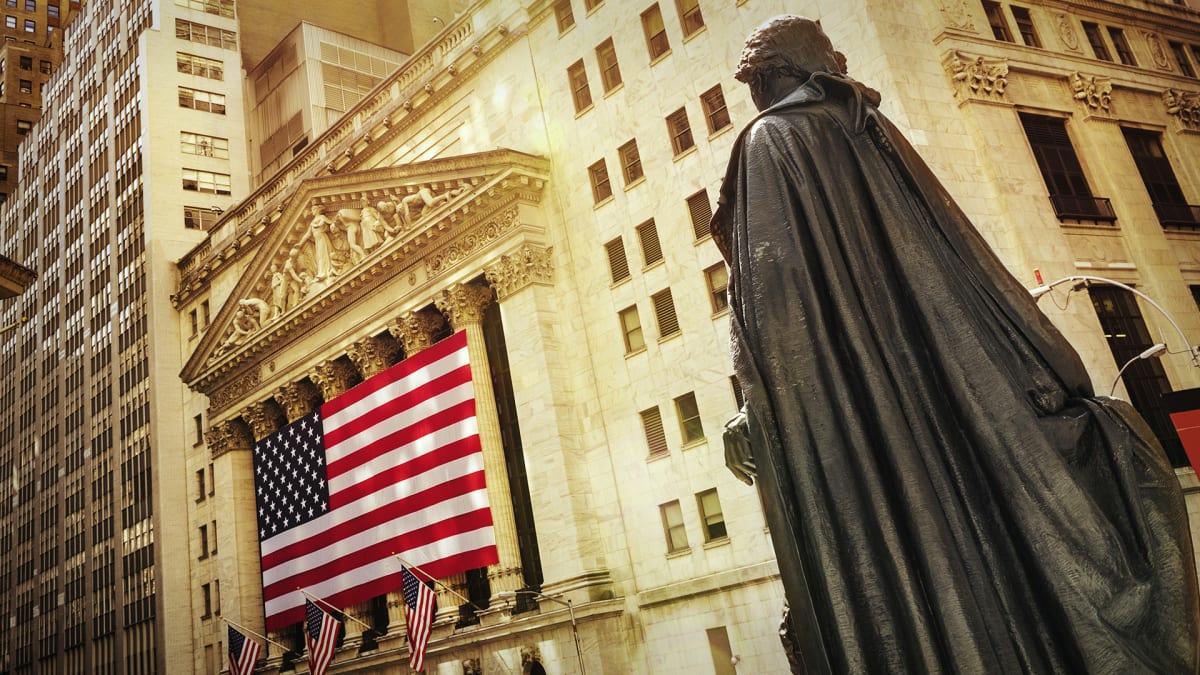
Stocks finished mixed Tuesday, while Treasury bond yields edged north and the dollar retreated against its global peers, as investors reacted to news of a broader re-opening of the Chinese economy following nearly three years of Covid lockdowns.
China's National Health Commission said Monday that foreign visitors will only require a negative Covid test, obtained 48 hours prior to arrival, in order to comply with new travel guidelines. Previous rules required at least eight days in quarantine.
Authorities said China's health priority is now "eabling a stable orderly transition as we adjust our Covid response", with reports suggesting reduced testing and reporting frequencies and notably less-stringent restrictions on domestic travel and businesses.
The changes, added to various forms of easing put in place since a series of civil protests in late November, boosted regional stocks and added to U.S. investor sentiment on Wall Street amid the first day of holiday-thinned trading following the Christmas break.
Benchmark 10-year Treasury note yields, were marked at 3.852% in late New York trading, while 2-year notes were holding at 4.393%, although trading volumes were thin owing overnight to closures in Hong Kong and Australia as well as major markets in Europe.
The U.S. dollar index, which tracks the greenback against a basket of six global currencies, was marked 0.12% lower at 104.19.
Global oil prices jumped to the highest levels in more than three weeks Tuesday as traders extended bets on renewed China demand following a series of moves by Beijing to ease Covid restrictions on business and travel.
Brent crude contracts for February delivery, the global pricing benchmark, were last seen 59 cents higher on the session at $84.51 per barrel while WTI futures for the same month, which are more closely tied to domestic gasoline prices, rose 8 cents to $79.64 per barrel.
The Triple-A motor club said U.S. gas prices nudged modestly higher overnight, to a national average of $3.104 per gallon, but remain firmly south of the $3.286 levels recorded over this time last year.
Market volatility gauges were also active, with the CBOE's benchmark VIX index rising 6.7% in morning session to 22.37 points, the highest since December 22.
The Dow Jones Industrial Average finished up 37 points, 0.11%, to 33,241, while the S&P 500 lost 0.40% and the tech-focused Nasdaq Composite dropped 1.38%.
Tesla (TSLA) shares extended their worst annual decline on record Tuesday, ending down another 11.4% to $109.10 each following weekend reports that the carmaker had halted production at its key Shanghai plant amid weakening demand in the world's biggest car market.
Reuters also reported that used Tesla prices have fallen faster than regular ICE or EV rivals over the past six months, with the average used Tesla price hitting $55,754 over the month of November's 17% slump from its July 2022 peak.
Southwest Airlines (LUV) shares lost nearly 6% after the carrier warned that it will operate only a third of its typical schedule amid disruptions linked to the brutal winter storm that has paralyzed much of the U.S. midwest.
Southwest Airlines CEO Bob Jordan told the Wall Street Journal late Monday that he expects "another tough day" Tuesday as planes -- and crew -- remain grounded in various cities following the cancellation of around 3,000 flights on Monday - a rate described by the U.S. Department of Transportation as "unacceptable".







